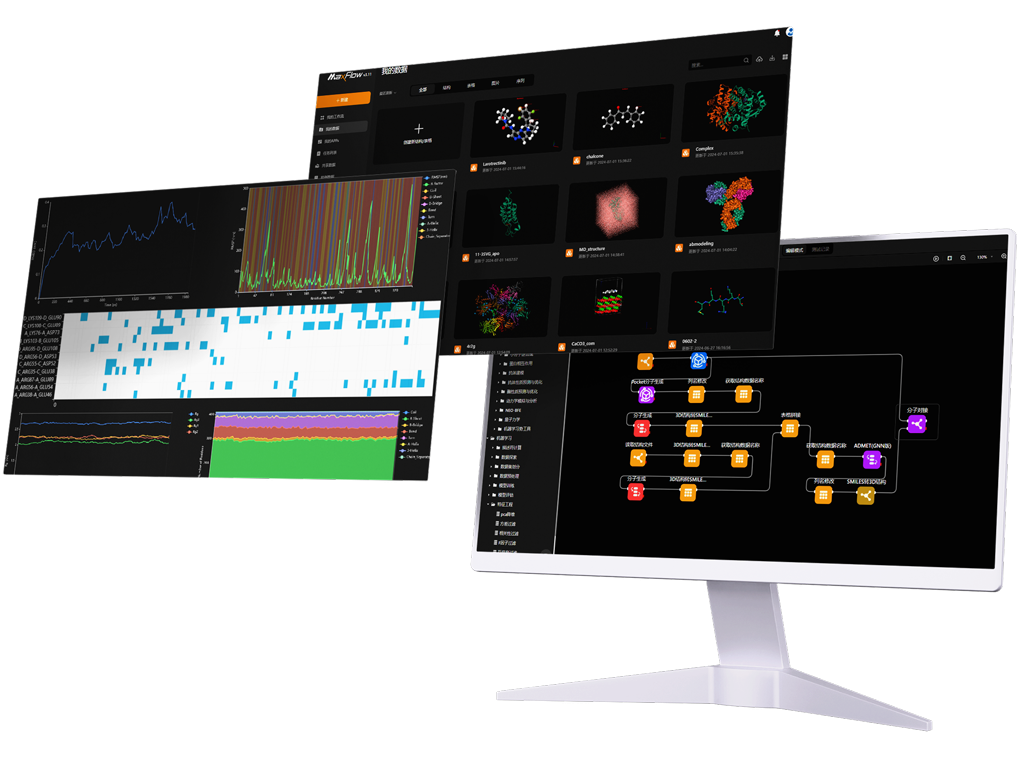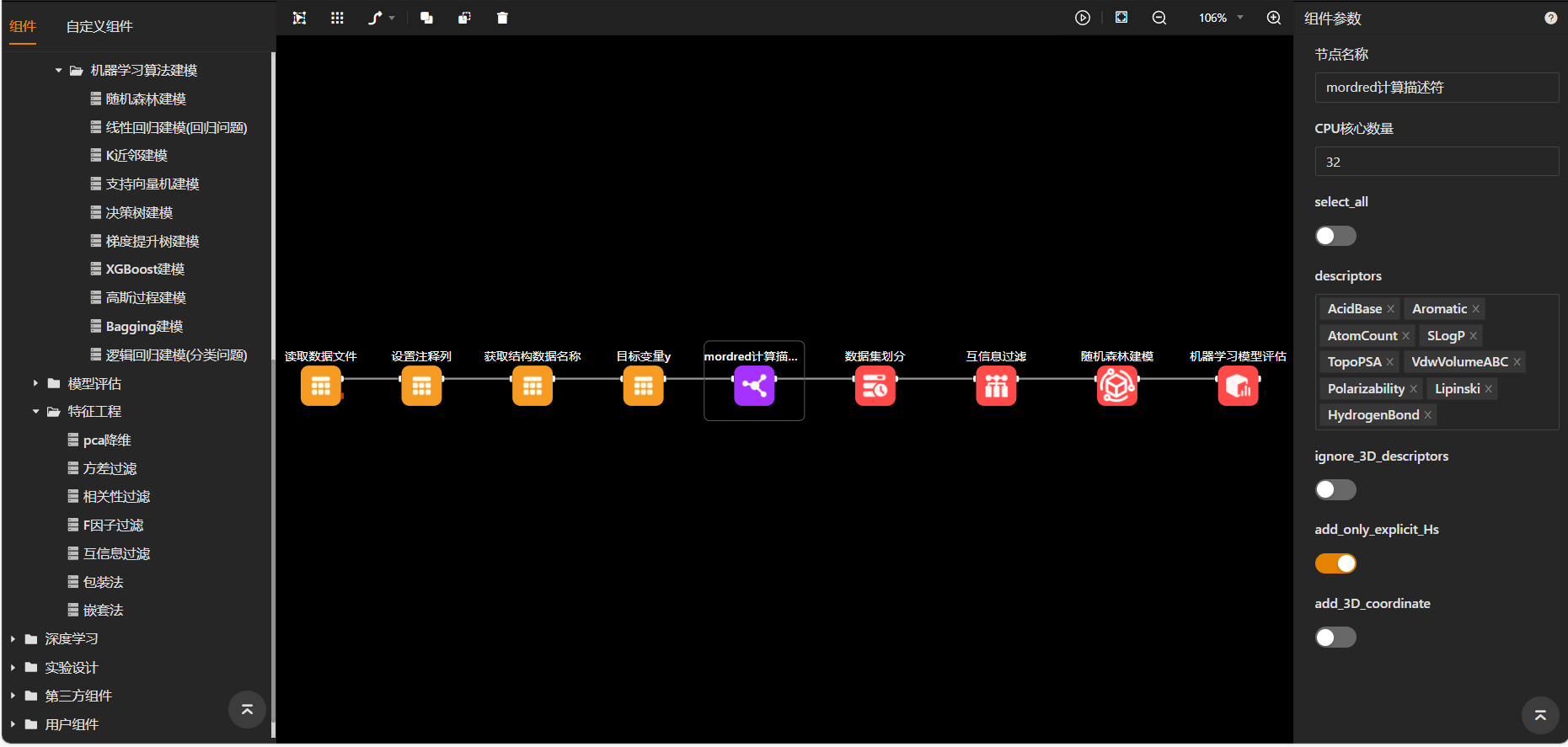Did you know that the global molecular modeling market is projected to reach a staggering $12 billion by 2025? This explosive growth underscores the critical role of molecular modeling and simulation (MMS) in various industries, particularly in enhancing transportation properties. As we delve into this fascinating field, it becomes clear how MMS is revolutionizing our understanding of material behavior at the molecular level.
The Power of Molecular Modeling and Simulation

Molecular modeling and simulation are essential tools for predicting how materials behave under different conditions. By simulating interactions at the atomic level, we can gain insights into transport properties such as diffusion rates, viscosity, and thermal conductivity. These characteristics are crucial not only for developing new materials but also for optimizing traffic management systems. With accurate predictions from MMS, we can enhance efficiency across supply chains while minimizing environmental impact.
Molecular Dynamics Simulation in Drug Discovery and Traffic Management
Molecular dynamics simulation plays a pivotal role in drug discovery by allowing researchers to visualize how drugs interact with biological targets on a molecular scale. In terms of traffic management, these simulations help us understand complex interactions within urban environments—such as vehicle flow patterns influenced by road design or weather conditions. By applying principles from drug discovery to traffic scenarios, we can create more effective models that predict congestion points and optimize routing strategies.
Find more about molecular dynamics simulation in drug discovery.
Neotrident’s Unique Features in Traffic Management
- Real-Time Data Integration: Neotrident seamlessly integrates real-time data feeds from various sources to provide up-to-the-minute insights on traffic conditions.
- Predictive Analytics: Utilizing advanced algorithms derived from molecular simulations allows Neotrident to forecast potential bottlenecks before they occur.
- User-Friendly Interface: The platform offers an intuitive interface that simplifies complex data visualization for decision-makers at all levels.
- Sustainability Focus: By optimizing routes based on simulated outcomes, Neotrident contributes significantly to reducing carbon footprints associated with transportation logistics.
- Cross-Industry Applications: Beyond traditional traffic management, Neotrident’s technology applies equally well across sectors like public transport planning and emergency response coordination.
A Concluding Perspective
The integration of molecular modeling and simulation into traffic management represents a paradigm shift towards smarter cities. As we’ve explored today—from its foundational principles through specific applications like those offered by Neotrident—it’s evident that MMS not only enhances our understanding of material behaviors but also provides actionable insights that drive efficiency across transportation networks. Embracing these technologies will be key as we navigate future challenges related to urban mobility and sustainability.

